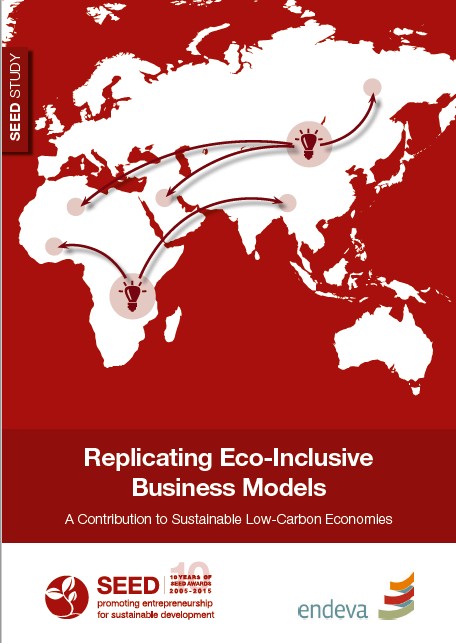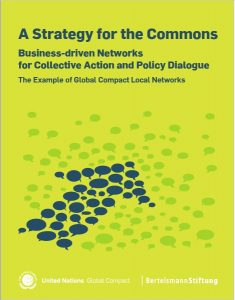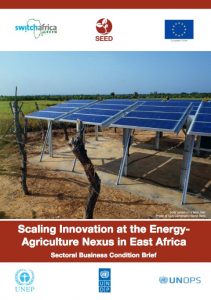In the face of climate change, we urgently need to find pathways to a low-carbon economy. Only then can we improve the well-being of nine billion people by 2030 and achieve the Sustainable Development Goals (SDGs). Over the last 10 years, SEED has awarded more than 200 enterprises in over 40 countries for developing business models which contribute to sustainable development by solving social and environmental problems on a local level. SEED represents a vast repository of solutions that can and should be replicated. This study finds answers to the following questions:
- Why is replication of eco-inclusive enterprises a promising pathway to achieve a low-carbon economy?
- Which ways to replicate low-carbon business models exist and how do SEED Winners engage in replication?
- Which barriers do those low-carbon eco-inclusive enterprises face when seeking to replicate?
- How can different actors support replication of these types of eco-inclusive enterprises for a low-carbon economy?
- What should be the main priorities when supporting replication for a low-carbon economy?




